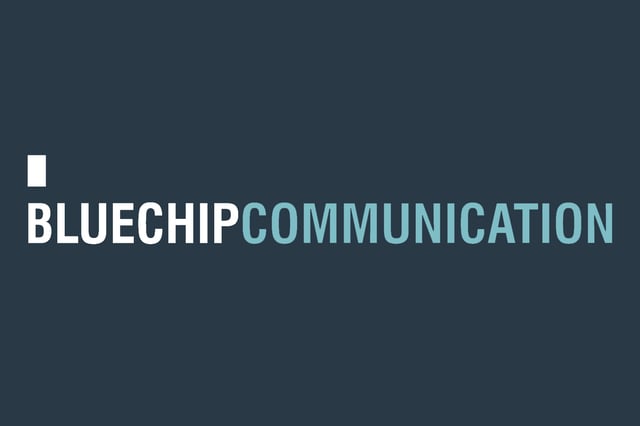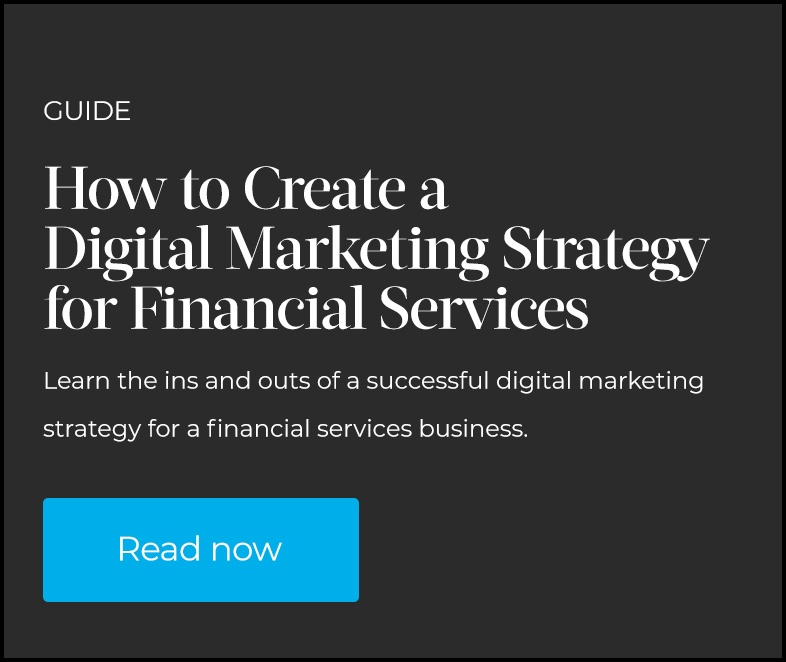
Joe Pulizzi is a leading author, speaker and strategist for content marketing. Joe is first and foremost a content marketing evangelist, and founded the Content Marketing Institute (a division of Z Squared Media, a 2012 Inc 500 Company), which includes the largest in-person content marketing event, Content Marketing World, as well as ‘Chief Content Officer’ magazine, the leading magazine for content marketers. Joe is also co-author of ‘Get Content Get Customers’ (McGraw-Hill), recognised as THE handbook for content marketing, as well as ‘Managing Content Marketing: The Real-World Guide for Creating Passionate Subscribers to Your Brand’.
Joe spoke to a group of financial services CEOs in March at BlueChip’s CEO Breakfast series.
If you’re a financial services CEO, and you are thinking about content marketing, what are the main commercial reasons that you would want to adopt that approach?
What Content Marketing Institute has learned is that consumers are pushing away information that doesn’t pertain to them. The advertising or the sponsorship that we [marketers] have relied on in the past, they can completely ignore it. It’s not that traditional marketing doesn’t work, it only works for a smaller portion of the buying cycle.
So what about all the other times that your consumers are looking for information and trying to educate themselves so they can make a proper buying decision?
If you solve customers’ information needs, they will also support you with their business. If you become the trusted adviser when they are ready to buy, they will buy from you. If you can’t create content to get in front of the customer at the right time, you will be left out of the buying process and they will go somewhere else.
What challenges might a company face starting out with a content marketing strategy?
The biggest issue is consistency, by far. This is a marathon, not a sprint. Providing your customers with valuable content becomes a promise. If you start a blog and only post five times, that’s an issue. A content marketing strategy should involve processes that will allow you to deliver consistent and relevant information to your customers.
Can you explain a little bit more about what some of the new skills sets CEOs should be thinking about developing in their organisation in order to do content well?
Companies really need to understand their customer. What are their ‘pain points’? What are their informational needs? What is keeping them up at night? Better analytics around customer behaviour on your website and elsewhere on the web are vital and can help inform this.
Second, companies need to become much better story-tellers. Traditionally, marketing people have never had to actually tell a story. We’re really good at saying, “Look at me over here. I’m very important and you need to buy my stuff now”. But consumers are ignoring that now because they can, because they have information devices, a smartphone, tablet, etc at their disposal to get any information they want to. So, we have to give them amazing information. And we have to tell better stories, because people like stories. They want to engage in stories.
How could a company overcome the challenges you mentioned above to gain those capabilities?
Try a pilot project – start with a short period (six months) and set reasonable KPIs (i.e. decrease lead costs by 10%). Then set your objectives and figure out a story plan for that period. That way, nobody is at risk and if it meets or exceeds expectations, you can roll out a bit more or increase the dedicated resources.
What would you say to financial services CEOs that might say that content marketing is just for the likes of Coca-Cola or Starbucks, B2C brands?
In fact, all the magic is happening on the B2B side! B2B businesses are using more content marketing than B2C businesses. The reason is that you have the advantage of being able to very precisely define your target audience and their needs.
If you’re Coca-Cola, you’re targeting everyone in the free world. Whereas, if you are a wealth management firm in the USA, for example, you are targeting someone with a salary of $250,000 who probably lives in a certain geographic area with quite specifics concerns. That’s a huge opportunity for B2B marketers.
Any final thoughts to add?
As I’ve said, it’s so important to remember your audience’s content needs throughout every step in the process. If your company is talking mostly about itself, it’s probably getting very few followers and very little engagement. But if you are talking about the topics that interest your customers and sharing things within that community, that’s when you will see success and build your subscriber base.











